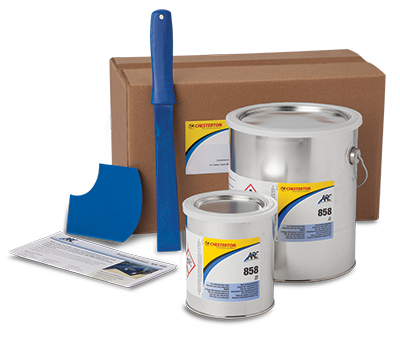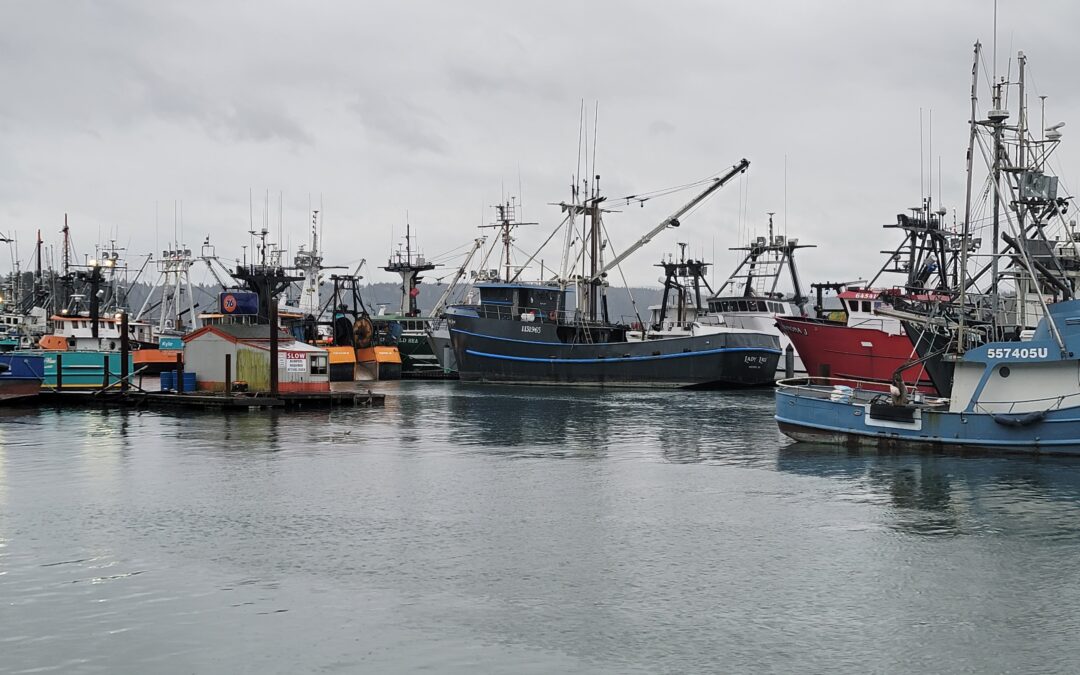Corrosives can hurt more than just your seawater pumps. Whether the pumped fluid is seawater or sulfuric acid, once it encounters the wrong material, it will continue to corrode your pump and any other equipment it reaches afterward. While some materials fare better when working with corrosives, it is not always practical to change everything to a resistant material. Industrial and marine coating products help protect your equipment from harmful conditions, including aggressive weather conditions.
What is a marine coating?
An industrial coating is made of layers of protective, waterproof material, such as epoxy resin, which protect against untimely damage. Industrial coating can be used on metal equipment or on concrete floors or walls. Depending on the application style, coatings come in liquid, aerosol, powder, paste, and film.
A marine coating will differ from an industrial coating in two ways. Most marine coatings will be best suited for coating metal surfaces. Additionally, the protections it offers are specific to sea or freshwater needs. When searching for the right marine coating, the key features to look for are:
- High corrosion resistance
- High abrasion resistance
- Low volatile organic chemical content (also referred to as VOC)
- Operating temperatures best-suited for local environment
Another factor in finding the right marine coating is the pot life and curing time. Because of the innate adhesive design of industrial coatings, understanding how long the material will remain in a liquid state (pot life) is another important factor in knowing when to replace excess containers. Curing time will vary depending on the environment, including ambient temperatures and humidity, and will impact how long it takes for a coating to go from a ‘tack-free’ state to ‘full chemical resistance’. Keep in mind that the faster the coating dries, the shorter it will take before it hardens after opening.
Where can marine coatings be applied?
Marine and industrial coatings can protect both the exterior casing and sometimes even the wetted housing of your pump. Coating works on impellers, blades, bearings, valves, or any place in a pump that can encounter corrosive fluid. Beyond the pump, coatings prevent slip hazards before they occur, as well as reduce corrosion damage. Tanks, pipes, bins, silos, and hoppers can also benefit from the use of marine or industrial coatings.
Chesterton ARC Industrial Coating

A.W. Chesterton specifically created the ARC 858 with marine-duty applications in mind. This marine coating uses a reinforced abrasion-control epoxy compound to protect metals against damage caused by seawater and other harsh chemicals. The design of ARC coatings reduces downtime, with only one coat needed. With high adhesive strength, ARC 858 protects against corrosion above and even below the film layer. ARC 858 works with new and current equipment to ensure a longer lifespan, and requires minimal downtime for the application process. Check out this case study where the use of ARC 858 helped to increase the lifespan of a seawater pump 18 years after the initial application, 3 times longer than the original goal.
For ship deck protection, Chesterton offers ARC 855, which uses a ceramic-reinforced epoxy coating to protect the material beneath from corroding and prevent slip hazards when applied to high-foot-traffic areas. Not only did ARC 855 reduce slipping incidents by 80% in one case study, but it also saved over $20,000 by reducing the amount of coating applied.
Next Steps
Northwest Pump offers ARC 858 and other equipment solutions for the marine industry. Use the buttons below to contact us or request help from our service team.



